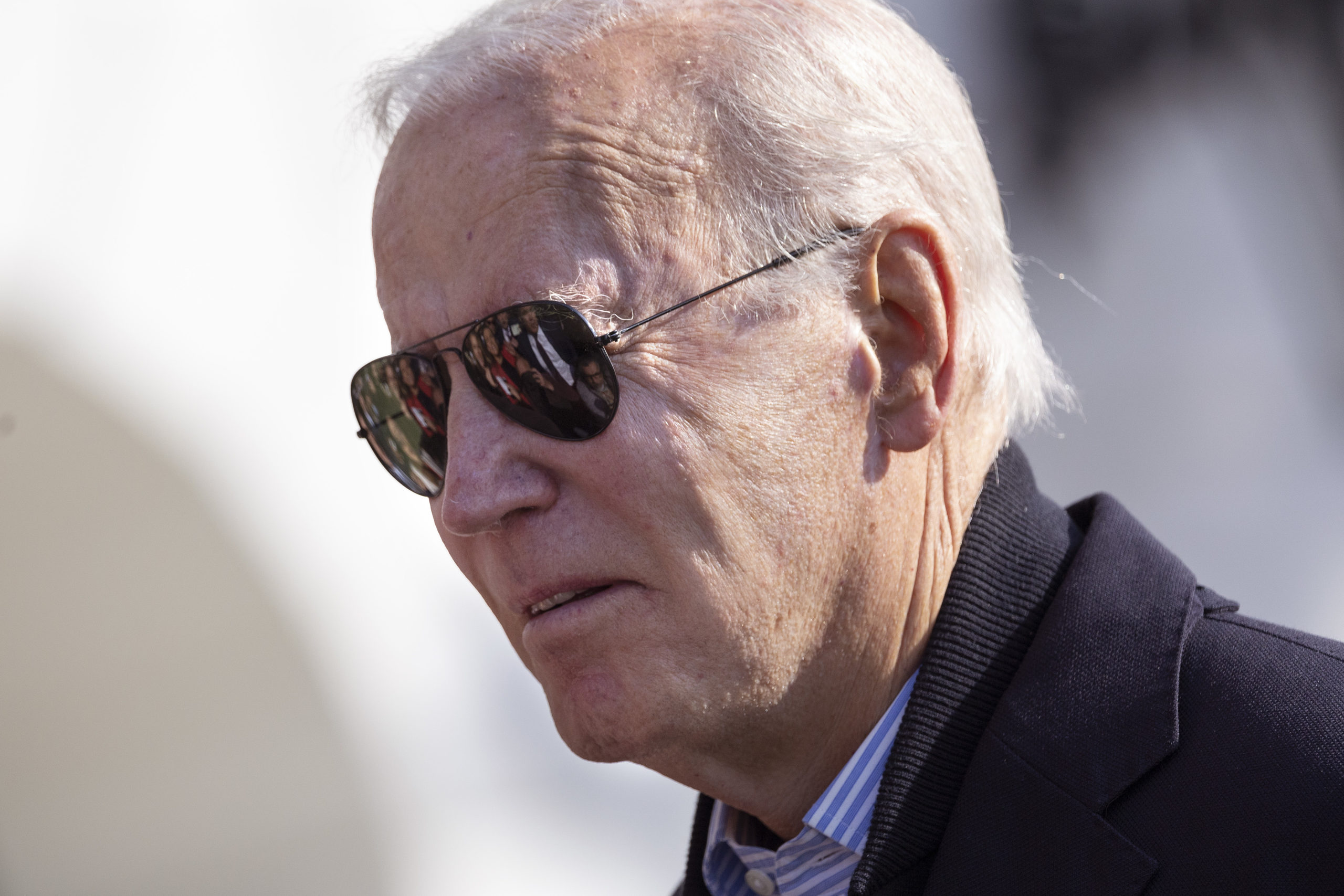Former President Donald Trump apparently has one more fan than we knew about: Saudi Crown Prince Mohammed bin Salman.
Sources inside the Saudi government told The Wall Street Journal that Prince Mohammed “much preferred” the former president over the current occupant of the Oval Office.
In fact, those sources told The Journal that Prince Mohammed mocks President Joe Biden behind his back over his many gaffes and apparent mental decline.
Predictably, the Saudi foreign minister, Prince Faisal bin Farhan, denied those reports. What else would we expect a foreign minister to do?
“These allegations made by anonymous sources are entirely false,” Prince Faisal said. “The kingdom’s leaders have always held the utmost respect for U.S. presidents, based on the kingdom’s belief in the importance of having a relationship based on mutual respect.”
Even in that denial, however, there may have been a light jab intended for Biden. “Mutual respect” has not characterized relations between the leaders of the two countries, going back at least as far as Biden’s presidential campaign.
Biden then referred to Saudi Arabia as a “pariah” and said he could find “very little social redeeming value in the present government in Saudi Arabia,” Foreign Policy reported weeks after the 2020 election.
Maybe not, but he can apparently find plenty of material value. The Biden administration was clearly displeased with the recent decision of the OPEC+ cartel to slice oil production by 2 million barrels per day, even going to far as to request — quietly, unofficially — a delay in that cut until after the midterm elections.
Wouldn’t want Biden’s foreign policy decisions to jack up the price of gas any further than his economic decisions already have — at least, not so close to the midterms.
Obviously, that kind of talk from the leader of the free world isn’t going to win him any friends in Saudi Arabia.
“Rarely has the chain of broken expectations and perceived insults and humiliations been greater than they are now,” Aaron David Miller, a former U.S. diplomat to the Mideast currently with the Carnegie Endowment for International Peace, told The Journal.
“There’s almost no trust and absolutely no mutual respect,” he said.
Both nations have vowed to “reassess” their relationship — diplomat-speak for thinking about ending treaties, stopping military aid, suspending trade deals, that kind of thing.
“For the Saudis, a breakdown with the U.S. would jeopardize its national security and ambitious economic reforms,” The Journal wrote. “Mutual trade and investment worth hundreds of billions of dollars are also on the line.”
And that’s on top of political and intelligence maneuvering designed to contain Iran, a country Trump knew better than to trust but with which Biden immediately re-opened negotiations upon becoming president.
The poor relationship between the two leaders isn’t helping anything, The Journal said, and Biden continues to take action that seems almost designed to annoy the Saudis, including bringing up accusations of human rights violations by the Saudi government almost immediately upon meeting with Prince Mohammed in July.
“When you’re dealing with a country that’s basically run by five people, it has to be on a personal level,” Steven Cook, a Middle East specialist with the Council on Foreign Relations, told The Journal.
That may be true, but it’s pretty clear by now that Biden isn’t the person to deal with the Saudis on a personal level.
In international politics, sometimes you have to hold your nose and make nice. Do you want Saudi oil to keep domestic prices down and reduce global prices so that Russian President Vladimir Putin can’t raise enough funds from selling oil to continue his war with Ukraine? Then hold your nose and make nice with the Saudis.
Realpolitik should never be practiced without regard to moral or ideological concerns, but neither should foreign policy be carried out solely on the basis of those concerns without considering the practical effects of words and actions.
Someone needs to get that memo to Joe Biden.
This article appeared originally on The Western Journal.
























